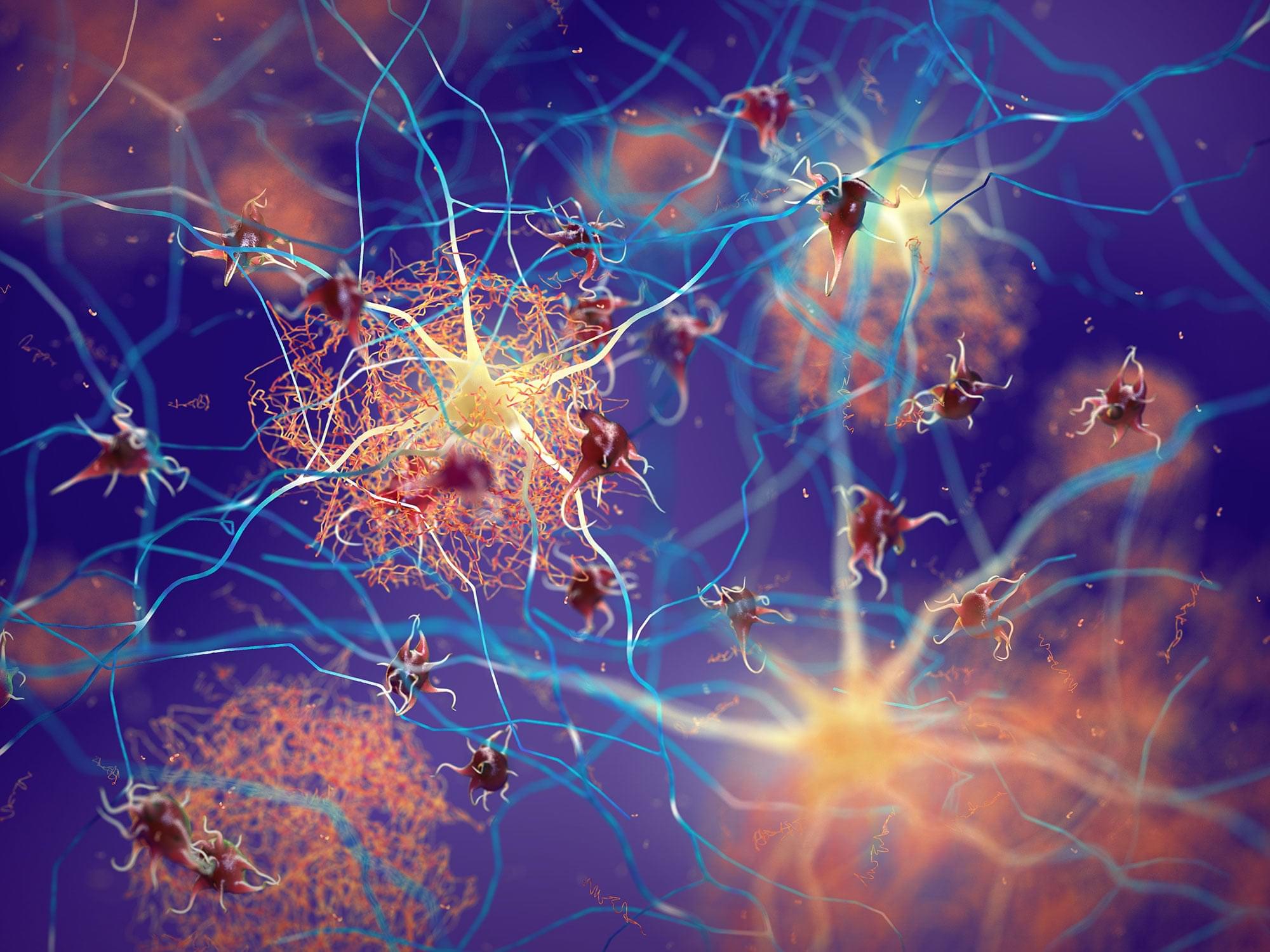Survey: Online ADHD coaching has increased substantially since the pandemic, mostly by lay adults reporting lived experience with ADHD, as a rising alternative to formal ADHD care.
This survey study found that most ADHD coaches primarily operated outside the US health care system and reported workforce entry after the COVID-19 pandemic’s onset. Our findings suggest ADHD coaching is usually delivered through a 1:1 virtual format using a traditional outpatient psychotherapy model (weekly 1-hour sessions) and reached prospective clients through a combination of online marketing and health care referrals. ADHD coaches tended to be individuals without formal mental health training who self-identified as having ADHD (or a loved one with ADHD), may have received ADHD coaching themselves, and based practices on lived experiences. Unlike most licensed mental health clinicians, ADHD coaches practiced across state and international borders.
As expected, we detected a spike in ADHD coaching workforce entry at the COVID-19 pandemic’s outset that mirrored similar ADHD medication prescribing patterns.6 Herein, we reveal that intervention content self-reported by ADHD coaches is similar to those manualized in evidence-based CBTs for ADHD.37 The potential redundancy in content between ADHD coaching and CBT for ADHD could make it difficult for prospective clients and some medical clinicians to differentiate between these approaches. However, the aforementioned aspects of ADHD coaching are different than traditional CBTs in that ADHD coaching appears longer term, involves sharing lived experiences with ADHD, and offers support between sessions (Table 2).38-40 These features may make ADHD coaching especially palatable to adults with ADHD, who reportedly criticize routine care CBT as being too rigid, generic, and short term, with therapists who are stigmatizing, negativistic about ADHD, and unempathetic.







